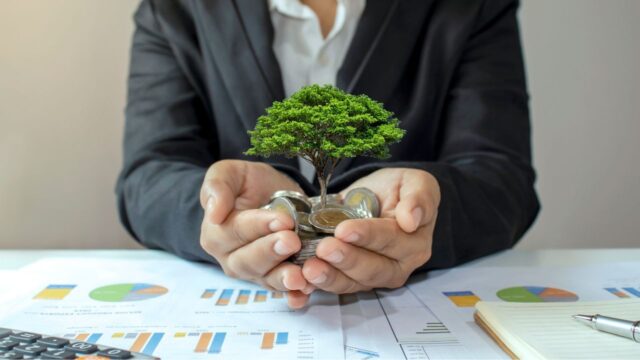
What is economic value and why is it important
When economists talk about economic value, they are referring to the worth of a good or service in terms of the amount of money that people are willing to pay for it. Value is important because it is a fundamental concept in economics that helps us to understand trade and make decisions about what to produce and how to allocate resources. When we consider the economic value of something, we are taking into account both the utility that it provides and the scarcity of its availability. Utility is the satisfaction that someone gets from consuming a good or service, while scarcity refers to the limited supply of a good or service. Together, these two factors help us to determine the economic value of a good or service.
How to calculate economic value
The most common way to measure economic value is through the use of market prices. For example, if the market price of a car is $20,000, then the economic value of the car is $20,000. However, there are some goods and services that do not have a market price and therefore their economic value must be estimated. The most common method for estimating the economic value of these goods and services is the cost approach.
This approach estimates the economic value by taking into account the cost of production, including the cost of raw materials, labor, and overhead. When estimating the economic value of a good or service using the cost approach, it is important to remember that the economic value is not necessarily equal to the market price. The market price may be higher or lower than the economic value depending on supply and demand conditions.
The different types of economic value
There are various types of economic value, each of which reflects a different aspect of the economy. The first type is market value, which refers to the price of goods and services in the marketplace. This is the most commonly used type of value, as it directly reflects what people are willing to pay for goods and services. However, market value does not always reflect the true value of something, as it can be affected by factors such as supply and demand.
The second type of value is intrinsic value, which refers to the inherent worth of something. This type of value is often used when discussing items that do not have a direct market value, such as art or natural resources. Finally, there is social value, which refers to the non-monetary benefits that something provides. This could include things like environmental protection or improved public health. All three types of economic value are important in understanding how the economy works and how resources are allocated.
Examples of how to apply economic value in the real world
There are many ways to apply economic value in the real world. The most common way is to use it as a means of exchange for goods and services. This is what people typically think of when they think of the economy, and it is the basis for most economic activity. However, there are other ways to apply economic value as well. For example, it can be used as a measure of worth or importance. Something that is valued highly by someone may be worth more to them than something that is not valued as highly. This can be seen in the way that people value different things like time, money, or possessions.
Additionally, economic value can be used as a tool for making decisions. For example, when deciding whether or not to purchase something, people will often weigh the cost against the benefits to see if it is worth the price. In this way, economic value is a useful tool for making decisions about how to use resources efficiently.
The limitations of economic value
Economic value is often used as a measure of worth, but it has its limitations. For one thing, it does not take into account the intrinsic value of something, which is its value regardless of whether it can be exchanged for money. This is why art, for example, can be seen as having great value even if it cannot be sold. Another limitation of economic value is that it does not always reflect the true cost of something.
The environmental cost of a product, for example, is often not reflected in its price. This means that people may be more likely to buy products that are actually damaging to the environment because they appear to be cheaper. Finally, economic value does not always reflect the social value of something. A new medical treatment, for instance, may have great economic value but very little social value if it only benefits a small number of people. While economic value is a useful concept, it is important to keep in mind its limitations.
The future of economic value
What will be the source of economic value in the future? This is a question that has been debated by economists for years, and there is no clear consensus. Some believe that intangible assets such as knowledge and ideas will become increasingly important, while others believe that traditional physical assets will continue to be the bedrock of the economy. The truth is likely to lie somewhere in between. In an increasingly globalized and digital world, businesses will need to focus on creating both tangible and intangible value. For example, a company might invest in developing new products and services, but it will also need to build strong relationships with its customers and create a distinctive brand identity. The companies that are able to create both types of value will be the ones that thrive in the future economy.


































